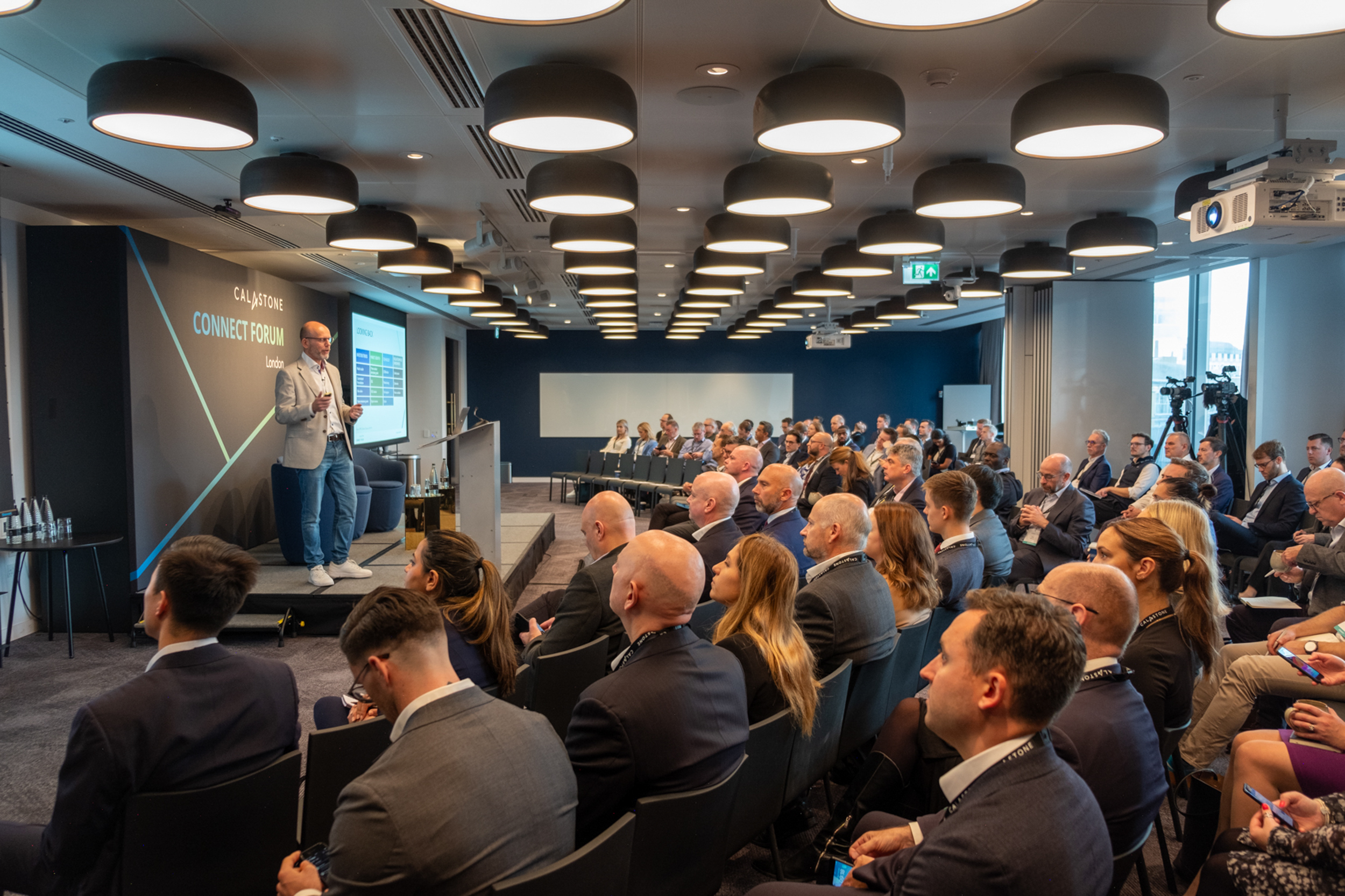The funds industry spent much of 2017 preparing for some of the biggest changes and challenges that it has seen to date. Our latest research, perhaps unsurprisingly, indicates that regulatory compliance will be the top priority for fund firms globally in 2018. Despite MiFID II finally coming into force in January, there is still work to be done by many market participants to become fully compliant with certain provisions, including product governance / target market rules.
GDPR also comes into force this year, and is set to strengthen and unify data protection rules, ensuring that organisations adopt appropriate technical and organisational measures to protect personal data. It will mean that industry participants will need to have full insight into their data flows and consider the extent to which they control and process personal data, whether it relates to investors, business contacts or employees. This regulation will have a significant impact on the funds industry, and much work will be required to ensure that investor data can be managed and protected in accordance with the rules.
The second priority in 2018, according to our research, will be a concerted effort to deliver improvements around client experiences, and accelerate the use of digital technology. Each year we have seen an increase of pace in which businesses embrace new digital technology, and our recently updated white paper, ‘The accelerating power of technology: lessons for the future of fund distribution’, supports this.
The industry’s growing focus on improving client experience through technology is a welcome development, especially as there is a growing demand for speedy and user-friendly channels to manage investments. The process of purchasing funds for the investor does not offer the immediacy that consumers are used to when making other purchase decisions.
The increasing pace of change is perhaps best evidenced by the recent growth in robo-advice. Our research predicts continued and significant growth in use of robo-advisory services, with 42% of respondents citing the technology would “become the main distribution channel for raising assets from the mass retail market”. The industry must take note of these changes and act to avoid being disrupted, especially now that many funds firms are seeing revenues plateauing and declining.
However, those that invest in acquiring or building new investor channels such as robo-advisory, must not forget to also upgrade the technology of their back offices. Only then will they be able to offer a truly digital and seamless customer experience.
By improving efficiencies in the back office, firms will be able to generate cost savings, something which will not go unnoticed by market regulators. The FCA has been scrutinising costs, charges and overall value for money offered by the industry through its Asset Management review. With overheads in the sector rising, we expect more businesses across the funds sector to consolidate in order to achieve economies of scale while others may look to control operational costs through further automation or technological innovation.
The current distribution model is antiquated and inefficient, resulting in higher-than-necessary overall costs for the end investor. Providers, including Calastone, have sought to introduce efficiencies to the distribution chain through blockchain technology, which we feel will streamline and eliminate many of these archaic processes, delivering benefits for investors.
In December 2017, we announced that the technology underpinning our global transaction network would be migrated onto a blockchain enabled infrastructure. It’s our vision that this technology will ultimately redefine the distribution landscape and significantly reduce the frictional cost of trading across markets. For further information, please download our white paper ‘The digital fund distribution revolution: opportunity through change’ or join our DMI Special Interest Group to learn more about our ‘Distributed Market Infrastructure’ and the background to the project.
2018 will introduce a number of challenges for the asset management community, including complex regulation and potential scrutiny by the authorities over costs and charges. Now is the time for the industry to work together and address these perceived threats, by embracing innovation such as blockchain technology, to create a more efficient marketplace. If the funds world adopts this approach, it will be in a much stronger position in the near future.




















